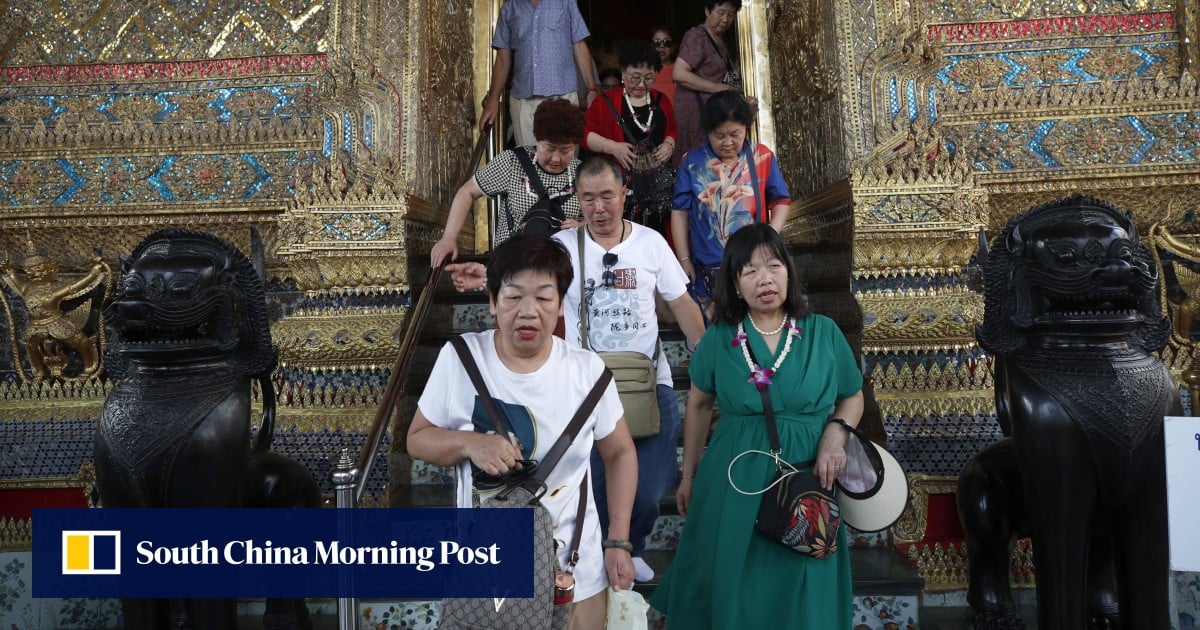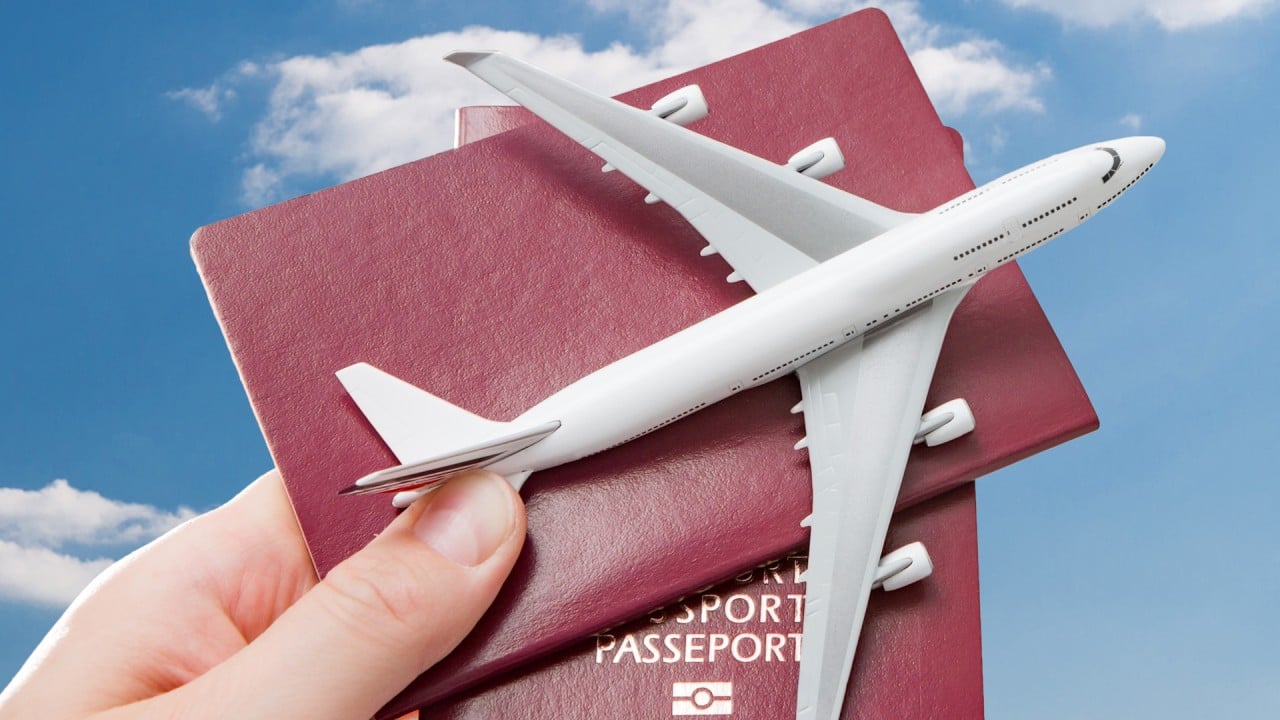“That would really trigger the demand for people to go to China and look for business opportunities,” said Kraisin Vongsurakrai, director secretary general of the Thailand-China Business Council.
In the past when Thai businessmen wanted to visit exhibitions and trade fairs [in China], they had to plan ahead
Businessmen are “quite excited” by the arrangement, he added, with China set to offer Thai visitors “some sort of happiness” by offering a reciprocal arrangement.
Chinese Foreign Ministry spokesman Wang Wenbin said on January 2 that the mutual visa exemption policy, once implemented, would “conform to the fundamental interests” of both parties, and also further strengthen people-to-people exchanges.
“In the past when Thai businessmen wanted to visit exhibitions and trade fairs [in China], they had to plan ahead,” Vongsurakrai added.
Game changer or white elephant? China eyes Asean links with shipping canal
Game changer or white elephant? China eyes Asean links with shipping canal
More than half of Malaysia’s ethnic Chinese have visited China in the past five years, according to Ibrahim Suffian, programme director with the Merdeka Centre polling group in Kuala Lumpur, who added lifting the visa rules would only accelerate travel.
“Cultural affinity is very strong, and business and investment ties are quite robust, very deep,” Suffian said. “But it’s a bit of a hassle to apply for a visa.”
Many Malaysians, he added, would also look forward to seeing more inbound Chinese tourists, merchants and property buyers.
Singapore and China also confirmed in December that they would put in place a mutual visa exemption agreement in early 2024.
Michael Montesano, an associate senior fellow with the Thailand Studies Programme at the ISEAS Yusof Ishak Institute in Singapore, said the Thai government is “casting about for any means” for the potential to stimulate economic activities.
Thai authorities expected to receive 3.5 million Chinese arrivals in 2023, although this would fall short of its target of 5 million.
Historically, Chinese tourists accounted for a quarter of total tourism in Thailand, but the figure is expected to have dropped to between 12 and 13 per cent last year.
Kristoffer Paludan, regional director at recruitment agency Michael Page in Thailand, said the visa programme would be one of a number of measures that could help lift Thailand’s local economy and international trade.
It could, he added, create new investment opportunities related to value added manufacturing, electric vehicles, smart farming and precision agriculture.
Chinese carmakers, including BYD, Great Wall Motor and MG Motor, have already invested in Thailand by purchasing land and constructing factories.
“For decades already, the Japanese have been enjoying the automobile sector and this market in Thailand,” added Paludan.
“But in production of the electric vehicles from China, we have seen a very positive side of welcoming Chinese automobile companies.”
From 72 hours to 30 days: 5 visa-free ways to visit China by land, sea and air
From 72 hours to 30 days: 5 visa-free ways to visit China by land, sea and air
Thailand, with a population of 71 million, is the second-largest Asean economy after Indonesia.
Its trade with China dropped by 5.7 per cent, year on year, to US$115 billion in the first 11 months of last year, China’s customs figures showed.
China is the largest investor in Thailand, contributing 24 per cent of its foreign direct investment in the first nine months of 2023, according to the Thailand Board of Investment.
Yawee Butrkrawee, programme coordinator at the Asia Centre’s research institute in Thailand, said that the main areas of investment for small and medium-sized enterprises from China were food and retail businesses.
In addition to enlarging the scope of people to travel and interact, it could accelerate the implementation of the China-Asean free-trade agreement
Thai property has also traditionally been a favoured investment for Chinese investors.
Wang Qin, a professor at the Centre for Southeast Asian Studies at Xiamen University, expected further easing within the Asean bloc.
“In addition to enlarging the scope of people to travel and interact, it could accelerate the implementation of the China-Asean free-trade agreement,” he said.
China has been negotiating an update of its free-trade agreement with the Asean bloc, aiming to bring the two sides economically closer.








